INTENTACT X
A MINDFULNESS COURSE
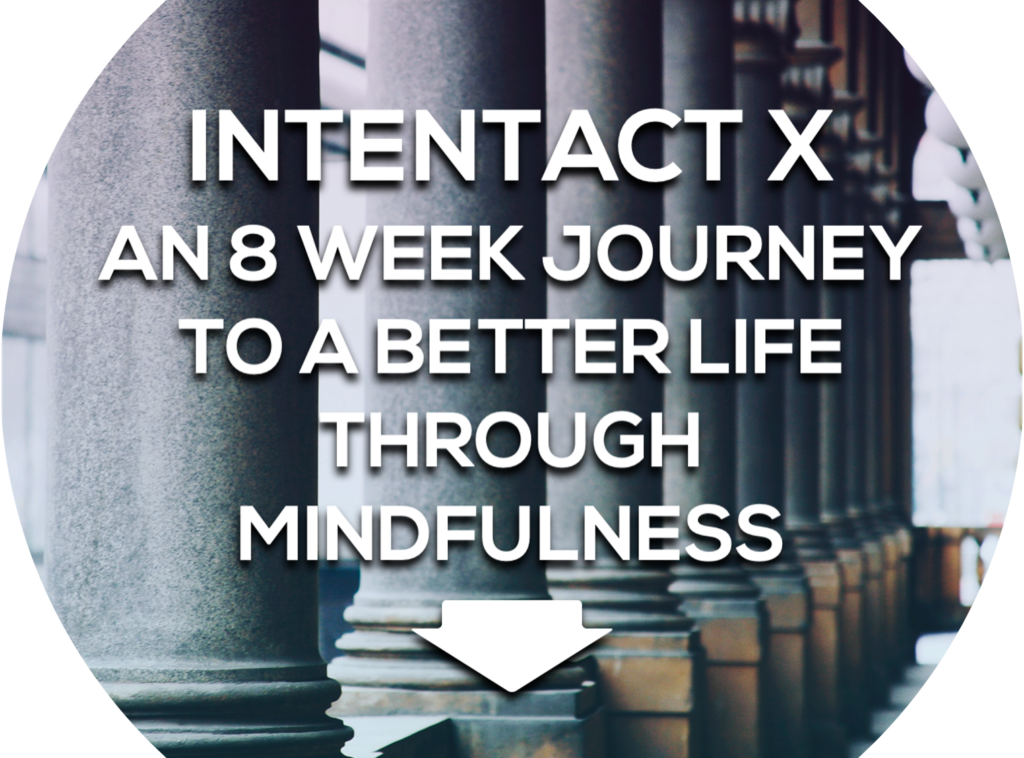

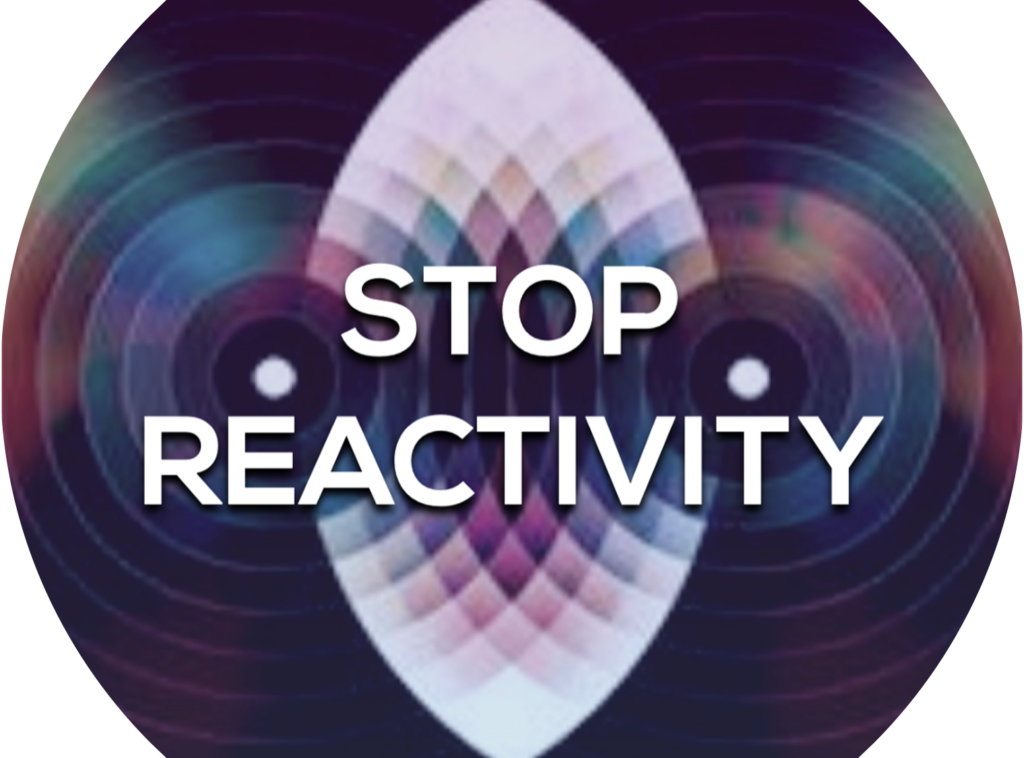
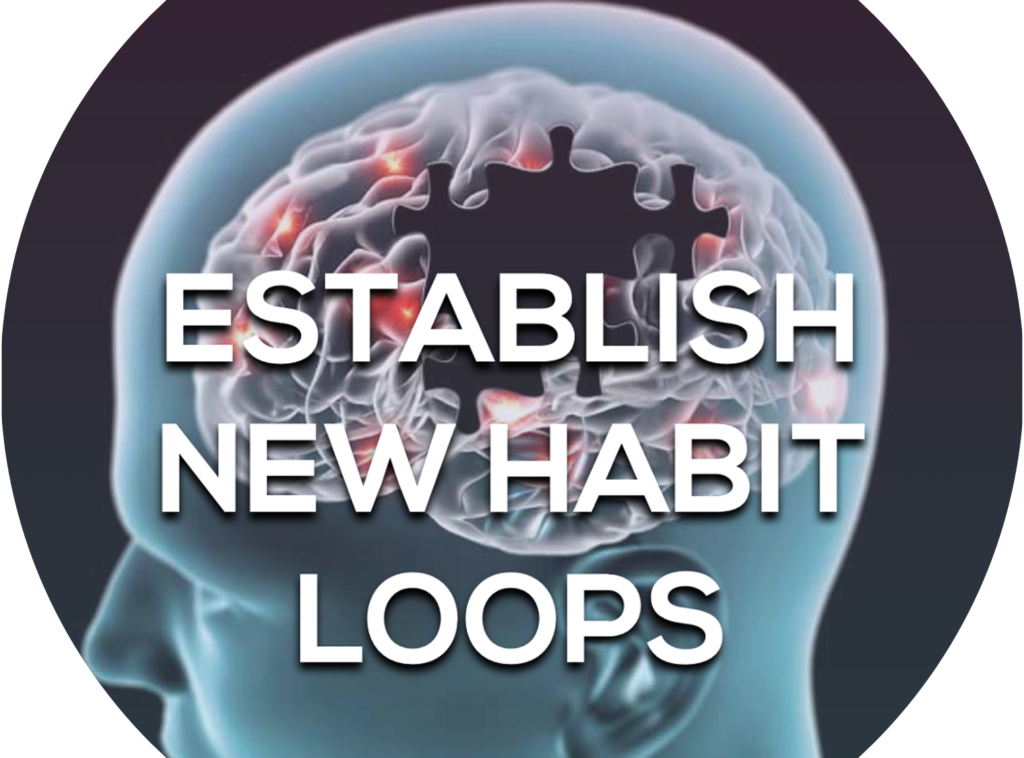
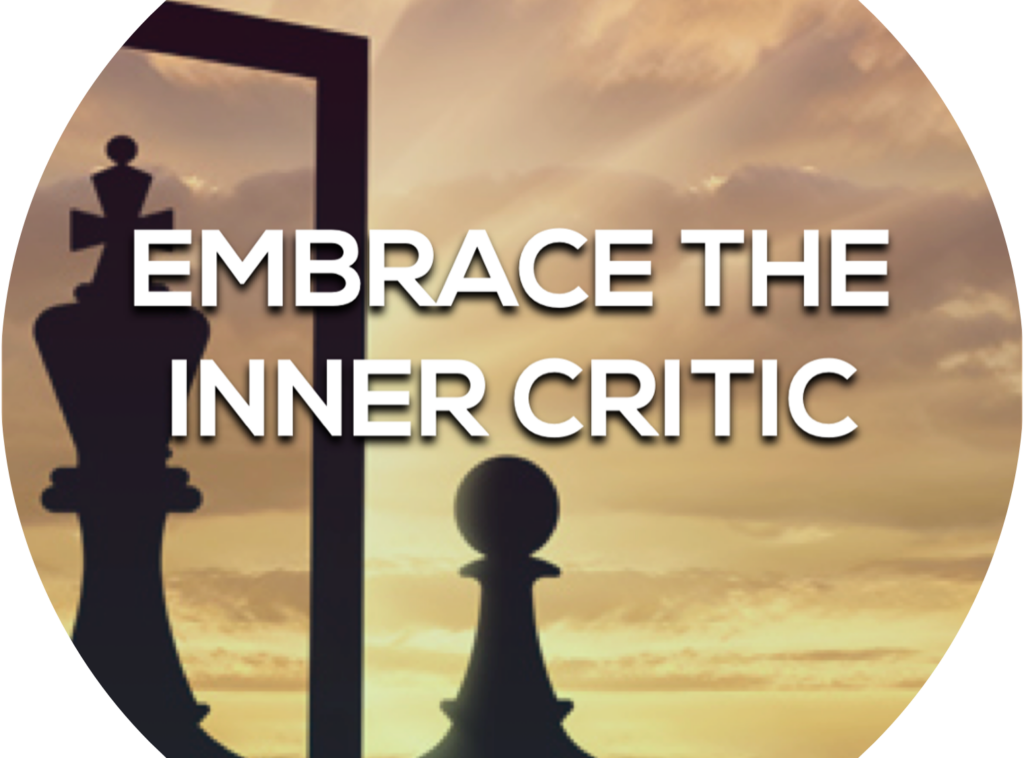
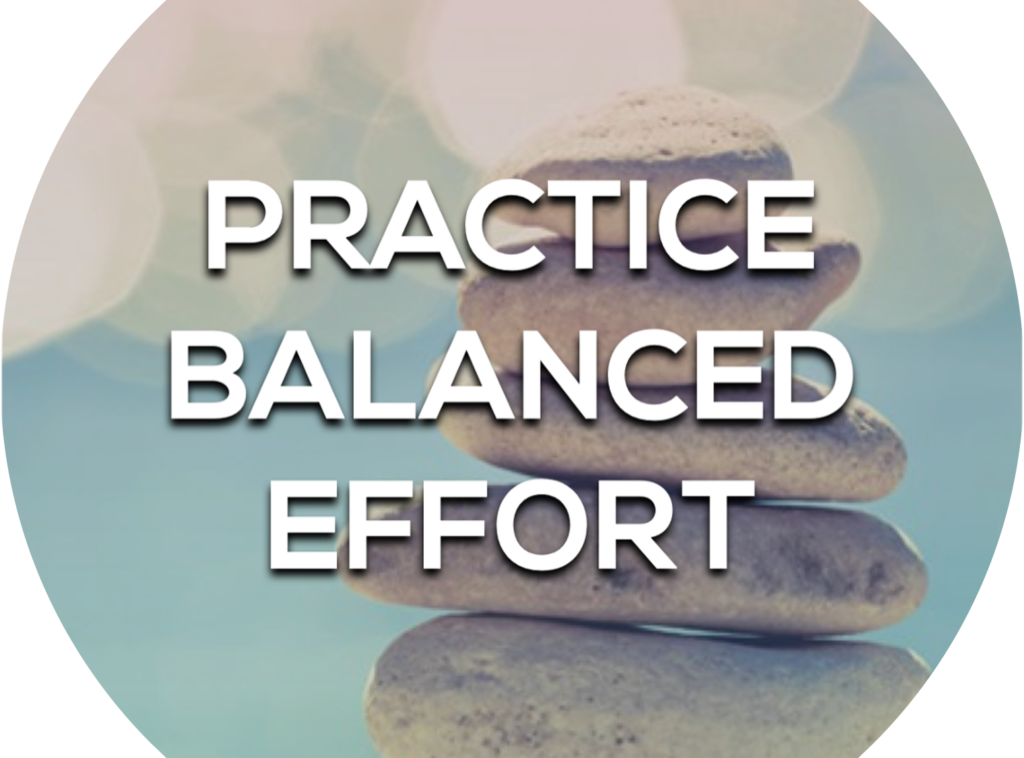



LEARN MORE
INTENTACT X
Since 2000, the number of scientific studies on mindfulness has increased significantly. As a result of these studies, valuable insights about both the effects of mindfulness and the underlying mechanisms have emerged. These studies have shown that the effects of mindfulness cannot be simply attributed to relaxation but involve complex processes like attention regulation, emotional coping, observation and time perspective.
This training was developed to systematically increase mindfulness not only through mindfulness practice but also by covering the underlying mechanisms of mindfulness. For instance, in addition to practicing meditation, this training also answers questions like: “What happens when I meditate?”, “Why does meditation help reduce the impact of negative thoughts?”, “Why should I become aware of judgments I make?”. Understanding the underlying mechanisms makes it easier to apply mindfulness in a wide range of contexts and counteracts the misconception that mindfulness is a trick or technique, rather than a way of being.
Mindfulness involves directing attention to the experience in the present moment and a non-judgmental awareness of that experience. Mindfulness is not about controlling thought which is impossible, it is about noticing what thoughts come up and returning back to the object of focus.
Research has consistently shown that mindfulness is an important predictor of well-being. Mindfulness has been associated with higher levels of life satisfaction, more positive affect, less negative affect, sense of autonomy and competence. Higher levels of mindfulness have also been found to be associated with various positive psychological outcomes, such as lower levels of neuroticism, depression, and anxiety as well as higher levels of self-esteem, vitality, and authenticity.
Mindfulness has 8 foundational pillars. IntentAct X teaches what they are and how to put them to practice.
- Attention and the Now
- Habit Loops
- Judgment
- Acceptance
- Goals
- Compassion
- The Ego
- Integration
- Gain greater understanding of what mindfulness is and is not.
- Learn core mediation practices and benefits of each for greater results.
- Build understanding and capacity for being present in the moment.
- Learn about habit loops and how they develop and impact on your daily life.
- Become aware of and understand our personal inner critic and how to channel it for the good.
- Learn how to use mindfulness in goal setting and dealing with adversity.
- Develop personal integration plan that allows you to practice informally and formally in your daily life.
IntentAct X is for anyone, because everyone can benefit from mindfulness. No previous experience of mindfulness is required. We will explain how mindfulness works, but above all this is a practical course. We will ask you to explore different mindfulness techniques and reflect on your experience.
This for anyone who wants to learn about the use of mindfulness in their personal or professional life. It’s popular with coaches, trainers, teachers, HR managers, organizational development specialists, consultants and leadership specialists.
IntenAct X is offered in a safe and supportive environment for exploring how we typically respond to challenges and opportunities and provides tools for becoming more adept at meeting and overcoming these obstacles to enhance performance and wellbeing. The emphasis of the program is on enhancing attentional and emotional resources, as well as personal capacities for mindfulness and compassion. IntentAct X is offered as an 8-Week Course (typically 2.5 hours/week). Each of the eight IntentAct X themes include a new meditation, an experiential exercise, group discussion, short presentations and home practices.
Class 1: Attention to the Now – The objective of this first session is to familiarize participants with the two most important building blocks of mindfulness; attention and the present moment.
Class 2: Habit Loops – The goal of this session is to clarify the relationship between mindfulness and habit loops.
Class 3: Judgment – In this session, open awareness is introduced by addressing the evaluative nature of the mind. While open awareness involves non-judgment, most of our daily awareness is clouded by countless judgments and evaluations.
Class 4: Acceptance – The goal of this session is to introduce the concept of acceptance. Mindfulness promotes an accepting stance towards experiences. Rather than fighting or avoiding experiences, mindfulness requires willingness to experience them.
Class 5: Goals – In this session, mindfulness is introduced as the key for finding a balance between being in the present moment and planning for the future.
Class 6: Compassion – The aim of this session is to introduce self-compassion. Mindfulness involves a kind and self-compassionate stance toward the self.
Class 7: The Ego – The goal of this session is to clarify the relationship between mindfulness and the self. At the deepest level, mindfulness practice cultivates a different relationship with the self.
Class 8: Integration – In this session, participants are invited to create a personal plan for sustainably incorporating mindfulness in their daily lives after completing this training.
